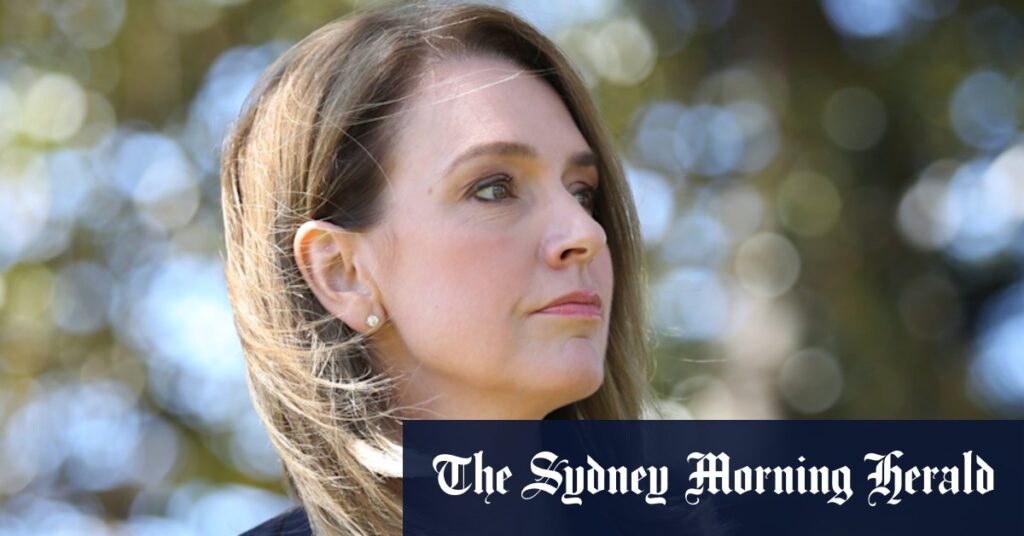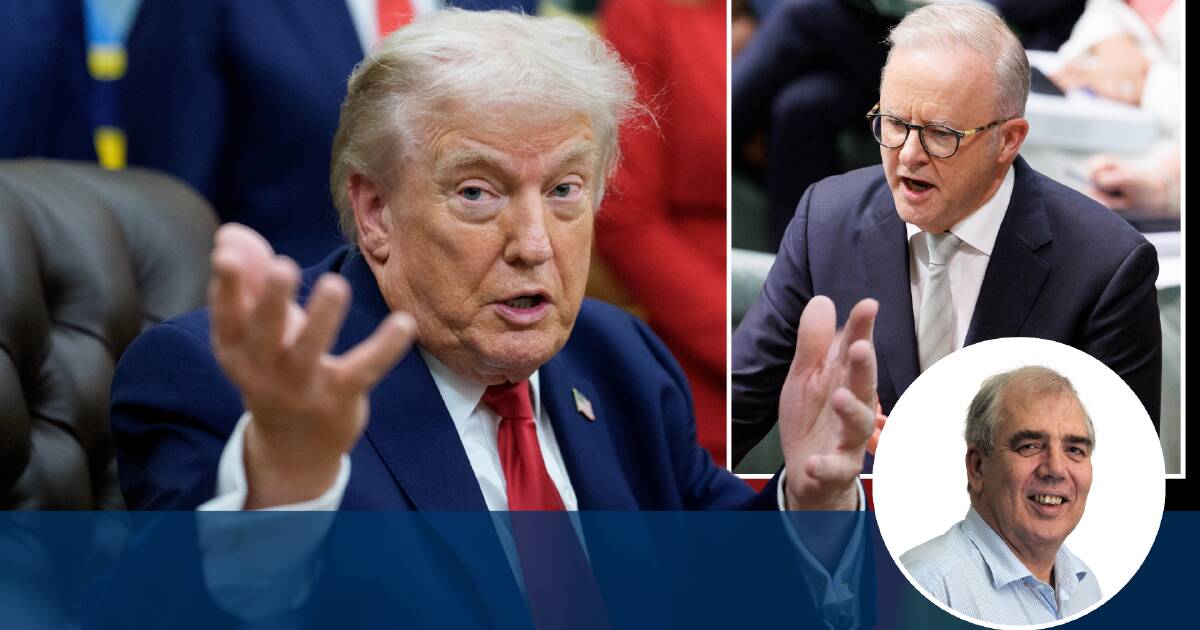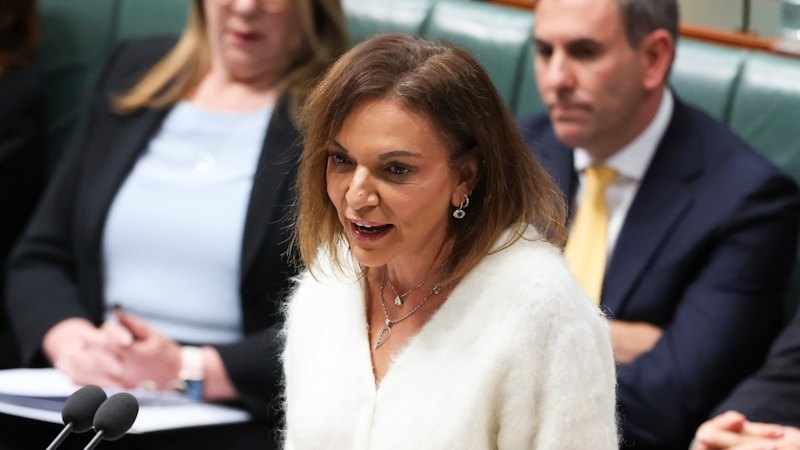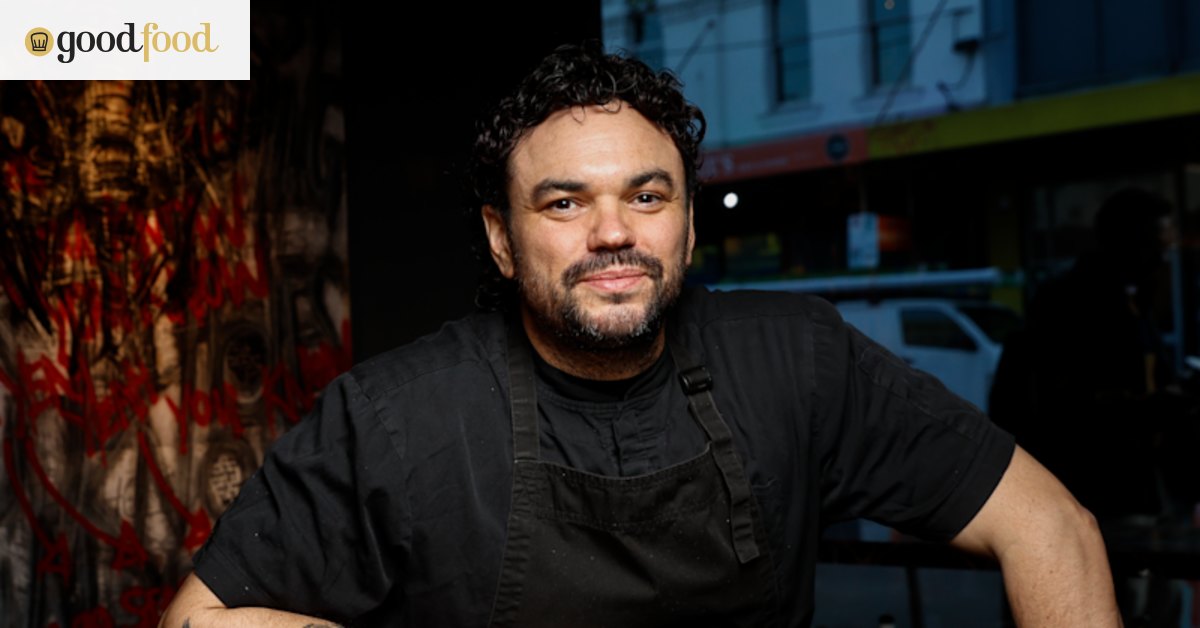
One of the New South Wales Liberals’ most senior figures, Kellie Sloane, has openly criticized the party’s potential collaboration with controversial politician Mark Latham. This stance directly contradicts the recent comments made by opposition leader Mark Speakman, who suggested that the party should be willing to “work with everybody,” including Latham.
Speaking on ABC Radio, Sloane expressed her discomfort with Latham’s conduct in parliament, just a day after Speakman advocated for pragmatic cooperation. Sloane, who represents the Vaucluse electorate, drew on her experience in the business world to underscore her point.
“I ran a big business before I came into politics, I employed a lot of people, and if any of them had behaved in the workplace the way he had, I, quite frankly, would have sacked them,” she stated. “I don’t think we should be working closely with Mark Latham at all.”
Background on the Controversy
The debate over working with Mark Latham, a former Labor leader turned independent, has been a contentious issue within the New South Wales Liberal Party. Latham, known for his outspoken and often polarizing views, has been a figure of controversy in the state’s political landscape. His recent actions in the upper house have sparked debate about the ethical implications of political alliances.
Mark Speakman’s comments about “holding your nose” to work with Latham highlight a pragmatic approach to politics, where collaboration across party lines is sometimes deemed necessary for legislative success. However, Sloane’s remarks suggest a growing divide within the party regarding the limits of such pragmatism.
Implications for the Liberal Party
The public disagreement between Sloane and Speakman raises questions about the Liberal Party’s internal dynamics and its approach to coalition-building in a fragmented political environment. Political analysts suggest that this disagreement could signal deeper ideological rifts within the party, potentially affecting its cohesion and strategy in upcoming elections.
According to political analyst Dr. Emily Carter, “The Liberal Party’s ability to present a united front is crucial, especially as they face increasing competition from minor parties and independents. Disagreements like these could undermine public confidence in their leadership.”
Historical Parallels and Expert Opinions
This is not the first time a political party has faced internal conflict over alliances with controversial figures. Historically, such disputes have led to significant shifts in party policy or even leadership changes. The current situation with the NSW Liberals could follow a similar trajectory, depending on how the party navigates this internal discord.
Dr. Carter further explains, “In politics, the decision to collaborate with controversial figures often involves weighing short-term gains against long-term reputational risks. The NSW Liberals must carefully consider the potential fallout from any perceived endorsement of Latham’s behavior.”
Looking Ahead
As the debate continues, the NSW Liberal Party faces the challenge of balancing pragmatic political strategy with maintaining ethical standards. The outcome of this internal conflict could have significant implications for the party’s future direction and its ability to effectively govern.
For now, all eyes are on the party’s leadership to see how they will address this division and whether they can reconcile differing viewpoints within their ranks. The decisions made in the coming weeks could shape the party’s identity and influence its electoral prospects in the near future.






